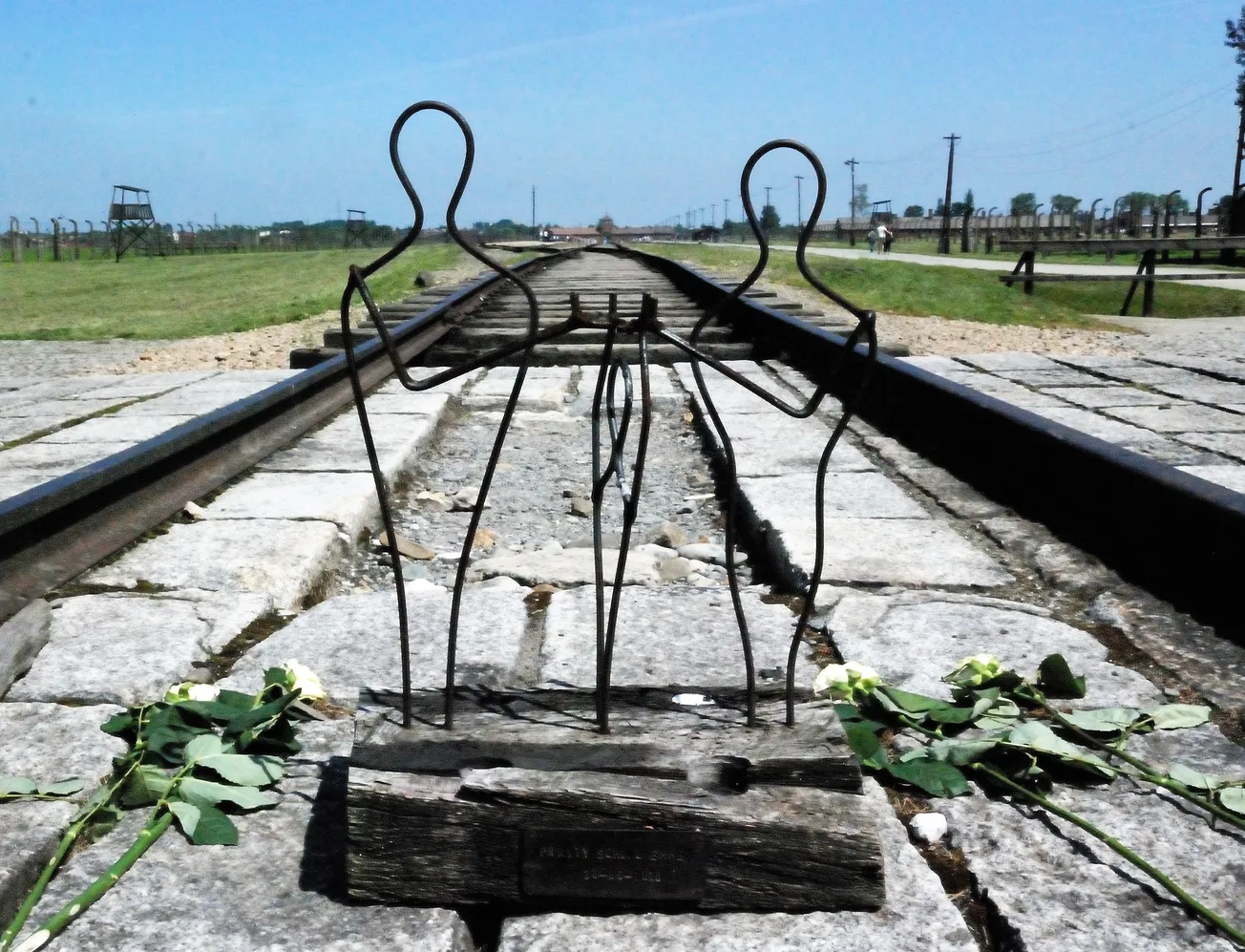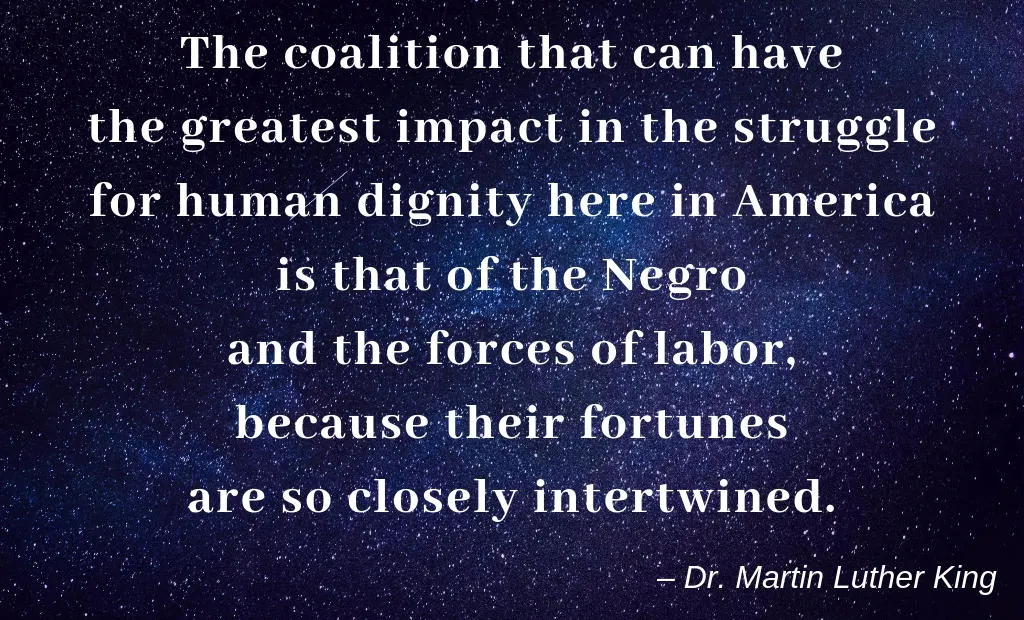Table of Contents
Friday was International Holocaust Remembrance Day.
It is observed on Jan. 27 because the Red Army liberated the Auschwitz extermination camp in Poland on Jan. 27, 1945. Auschwitz was the largest and deadliest Nazi murder camp. Within its walls, 1.1 million men, women and children — 90 percent of them Jews — died at the hands of their captors. All told, the Nazis murdered 6 million Jews in the Holocaust, plus millions of non-Jews.
Two parts of the camp are preserved as a memorial: Auschwitz and Birkenau. Melinda and I visited Auschwitz and Birkenau in 2014.

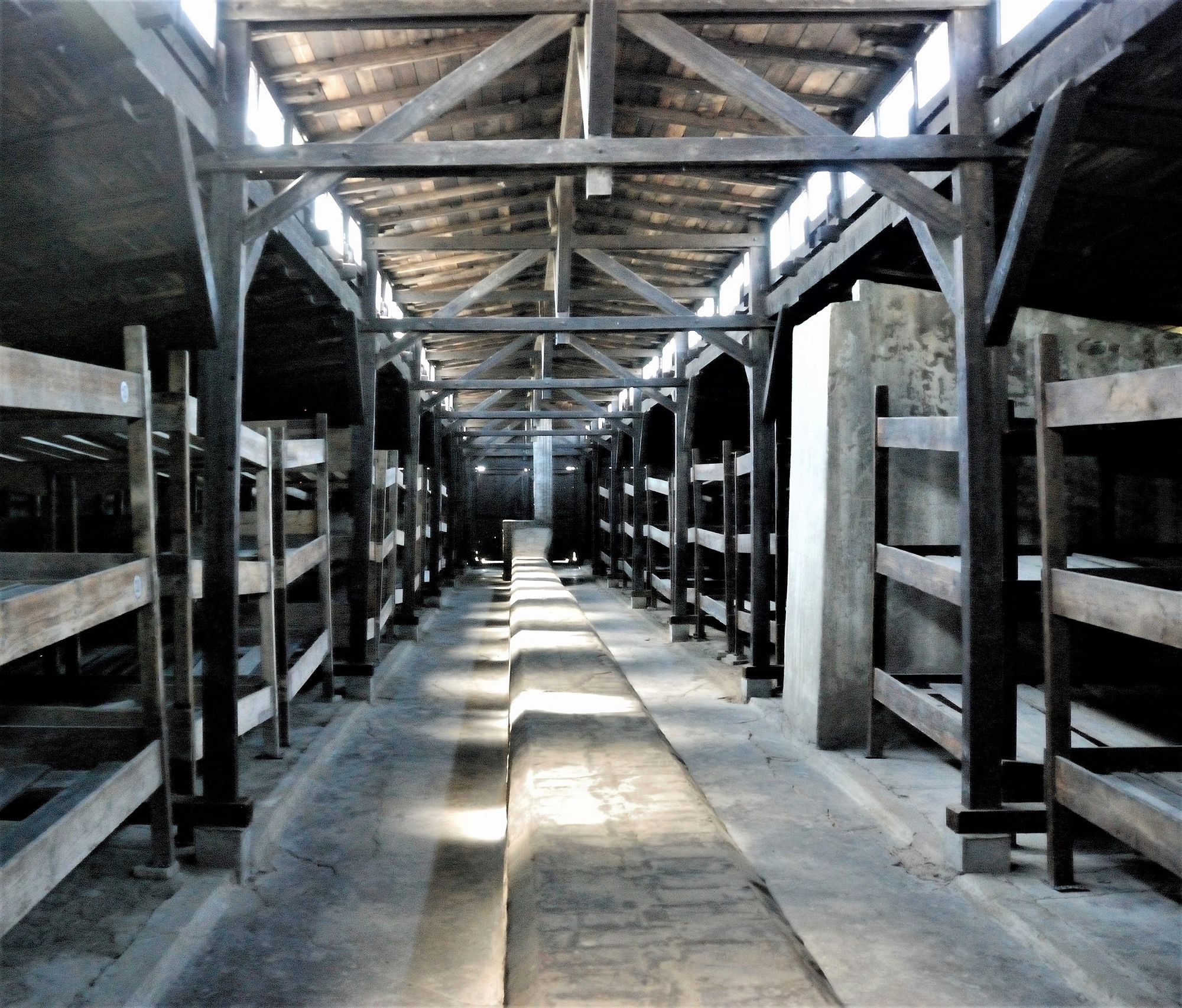
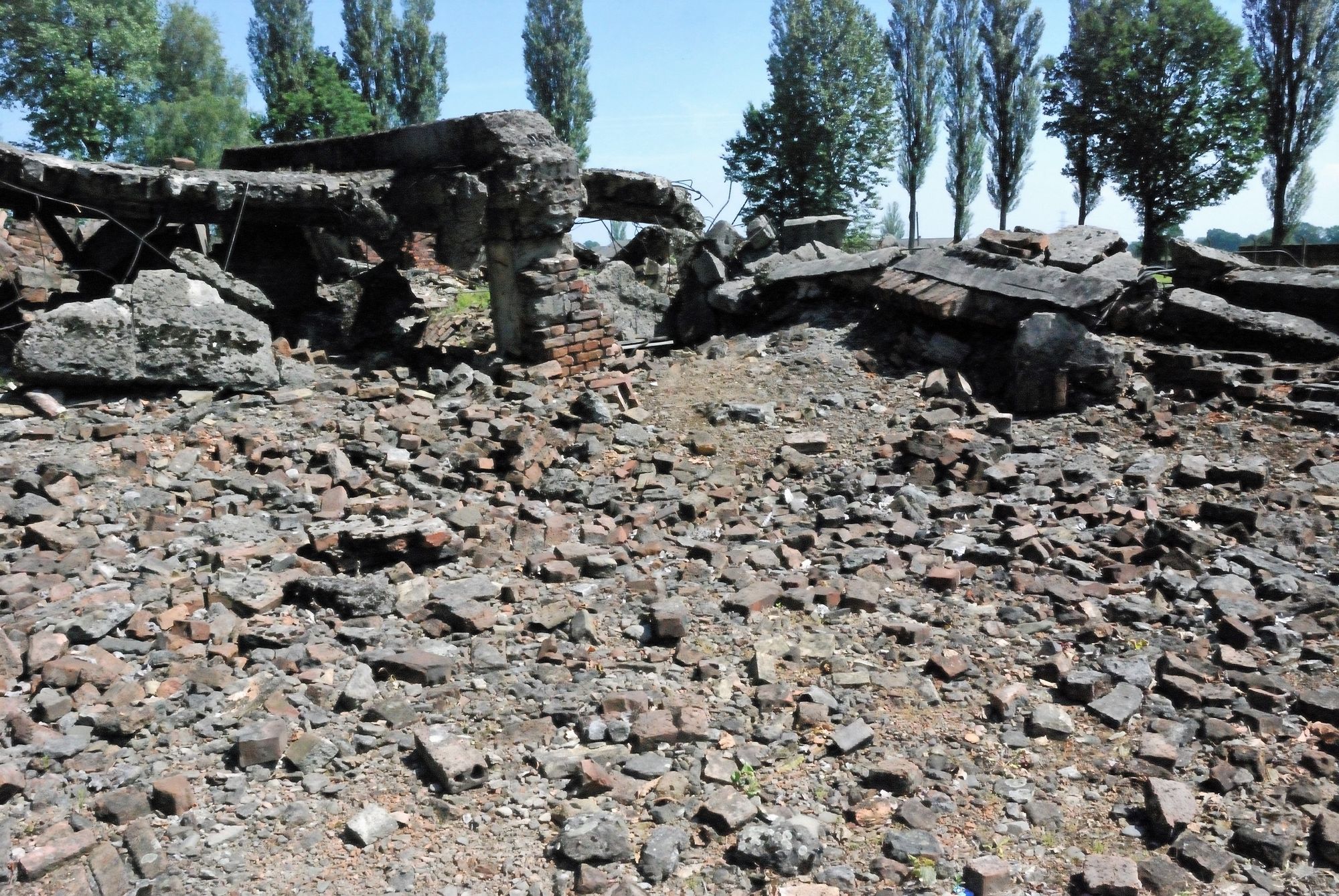
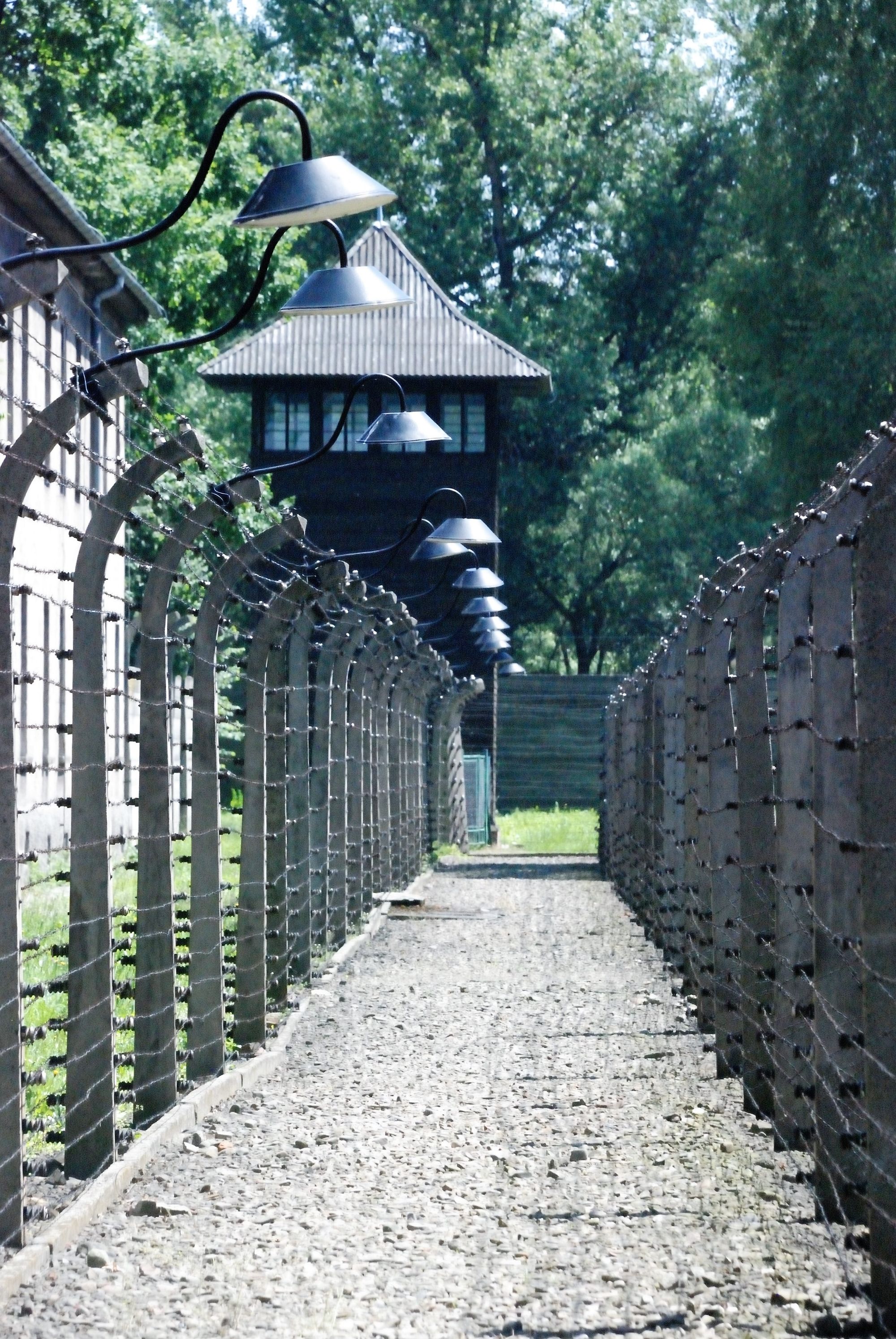
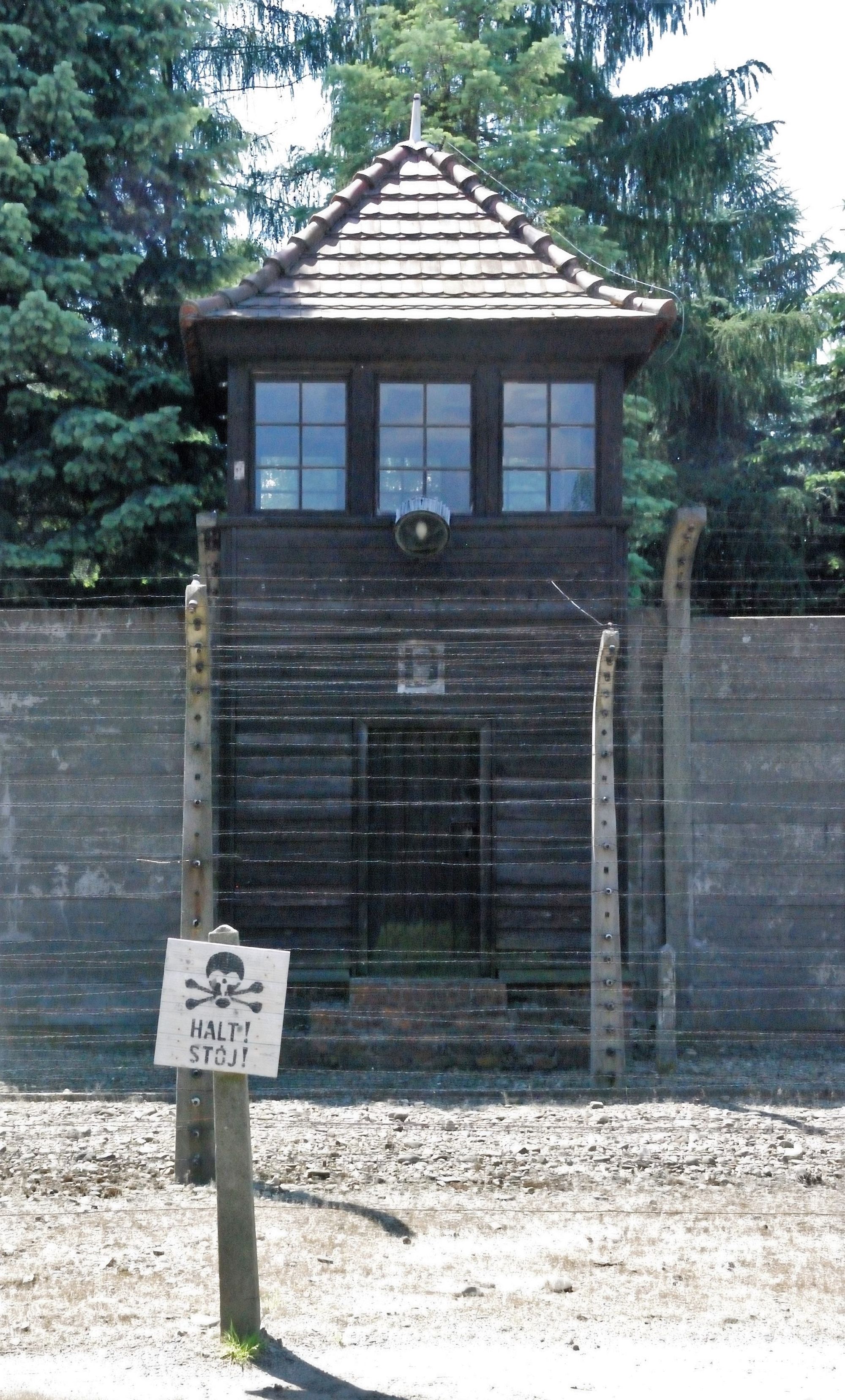
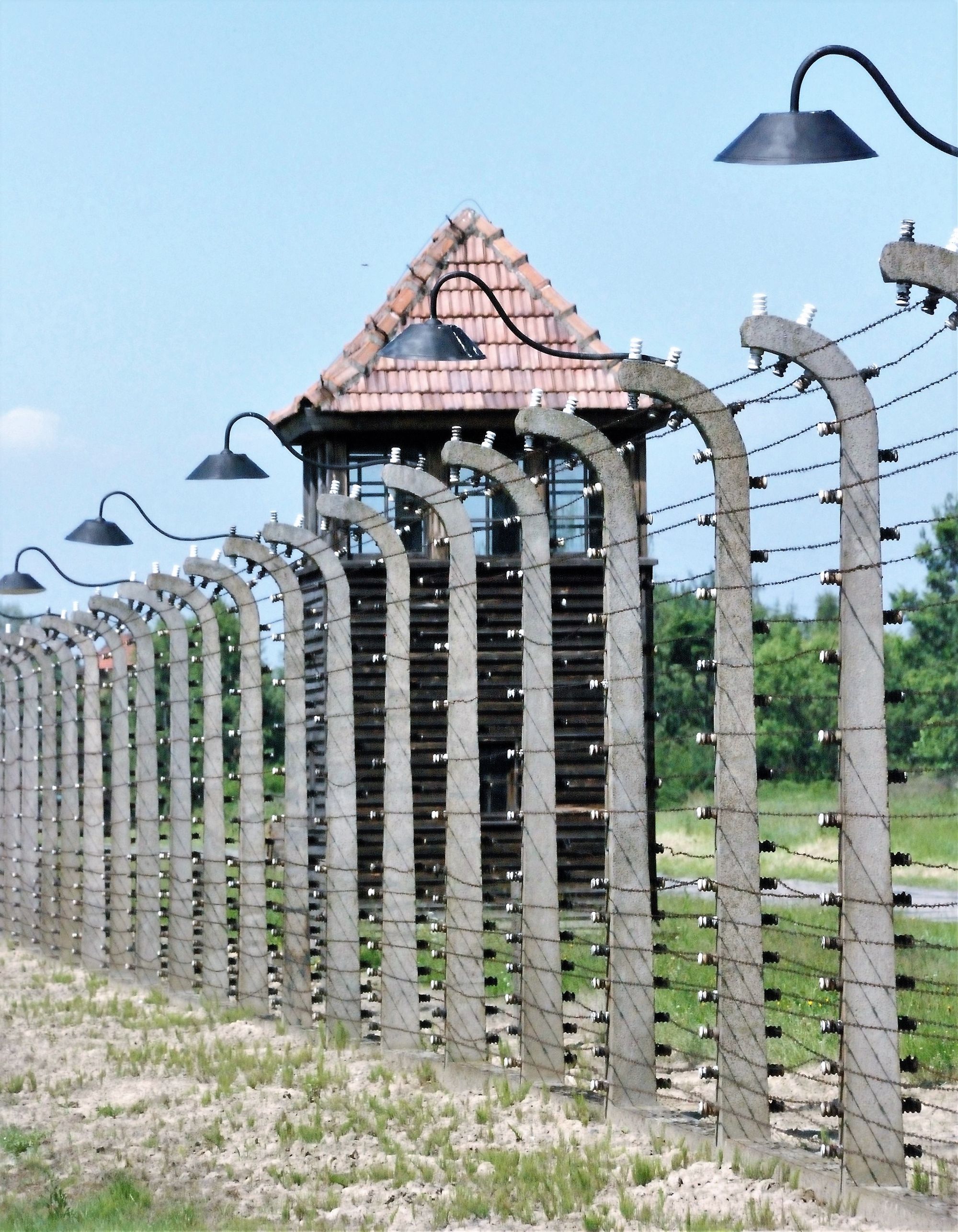


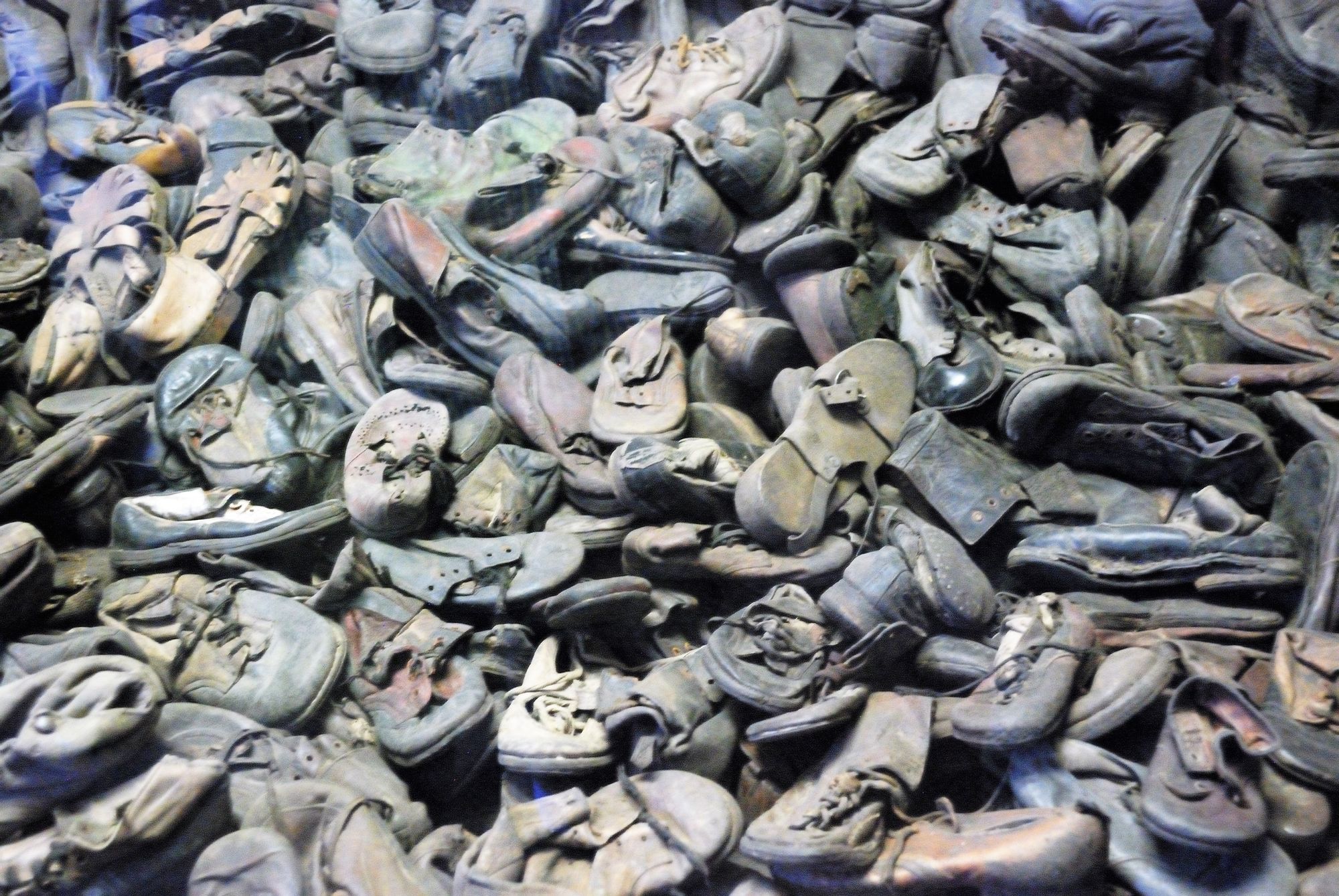
First Gentleman Douglas Imhoff, the first Jewish spouse of an American president or vice president, visited the camp on Friday with Deborah Lipstadt, U.S. special envoy to monitor and combat antisemitism. Their joint op-ed was published yesterday by the Jewish Telegraphic Agency.
It read, in part:
“As we reflect on history, we know that the bigotry that fueled the Holocaust did not end when the camps were liberated. Antisemitism may be considered one of the oldest forms of hatred, but its insidious impact and its deep dangers are not relegated to the past.”
“Antisemitism is increasing at home and abroad. Hatred of Jewish people simply for being Jews is real and rising. We can only stop this scourge if governments and community leaders declare it unacceptable and inconsistent with our values.”
Holocaust Remembrance Day is not a time for partisan politics. But it is undeniable that the scourge Imhoff and Lipstadt wrote about is, at best, tolerated and, at worst, encouraged by Donald Trump and his truest true believers in and out of the Republican Party. The essence of undiluted Trumpism is white supremacy, including antisemitism and authoritarianism, both fundamental elements in fascism.
--30--


